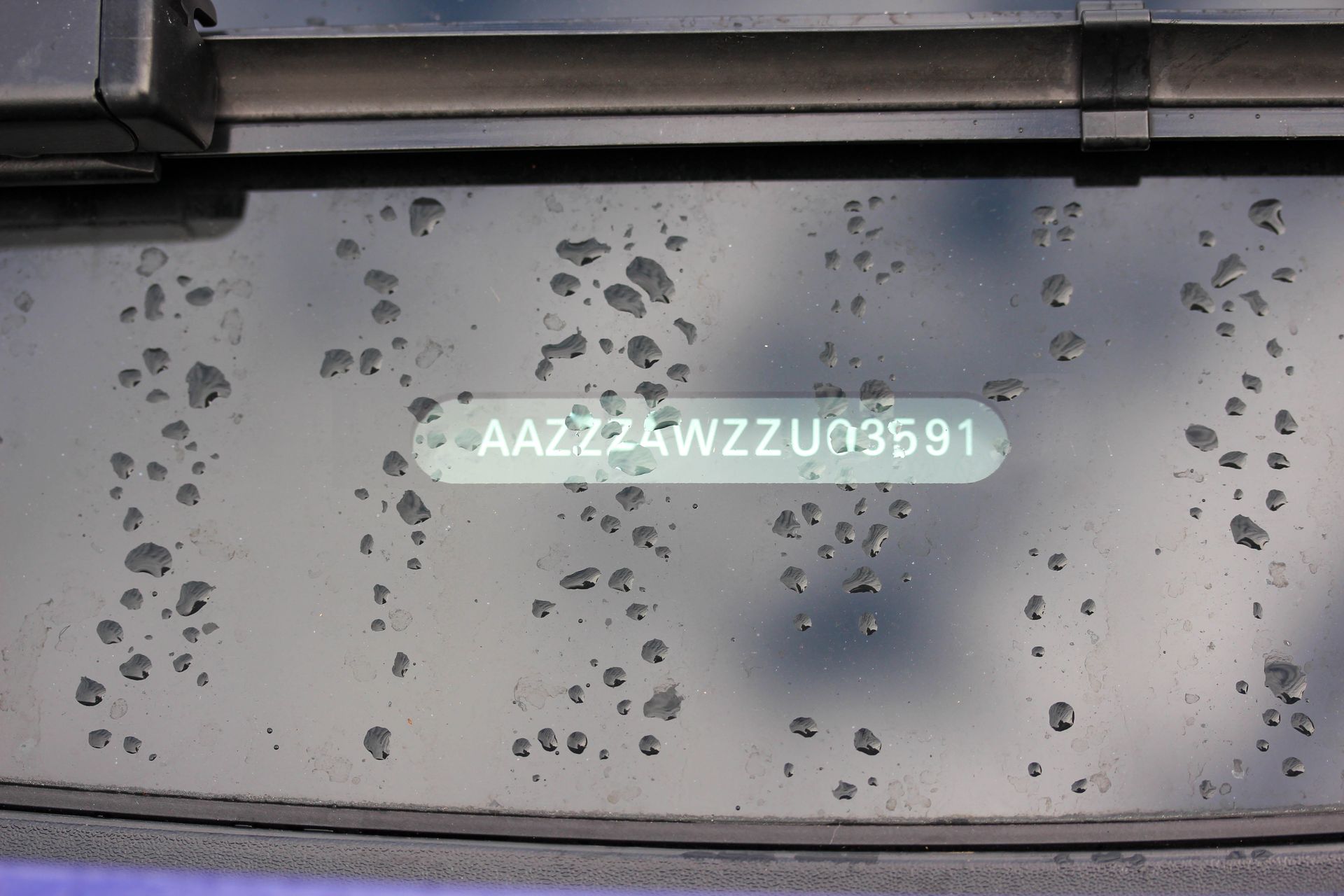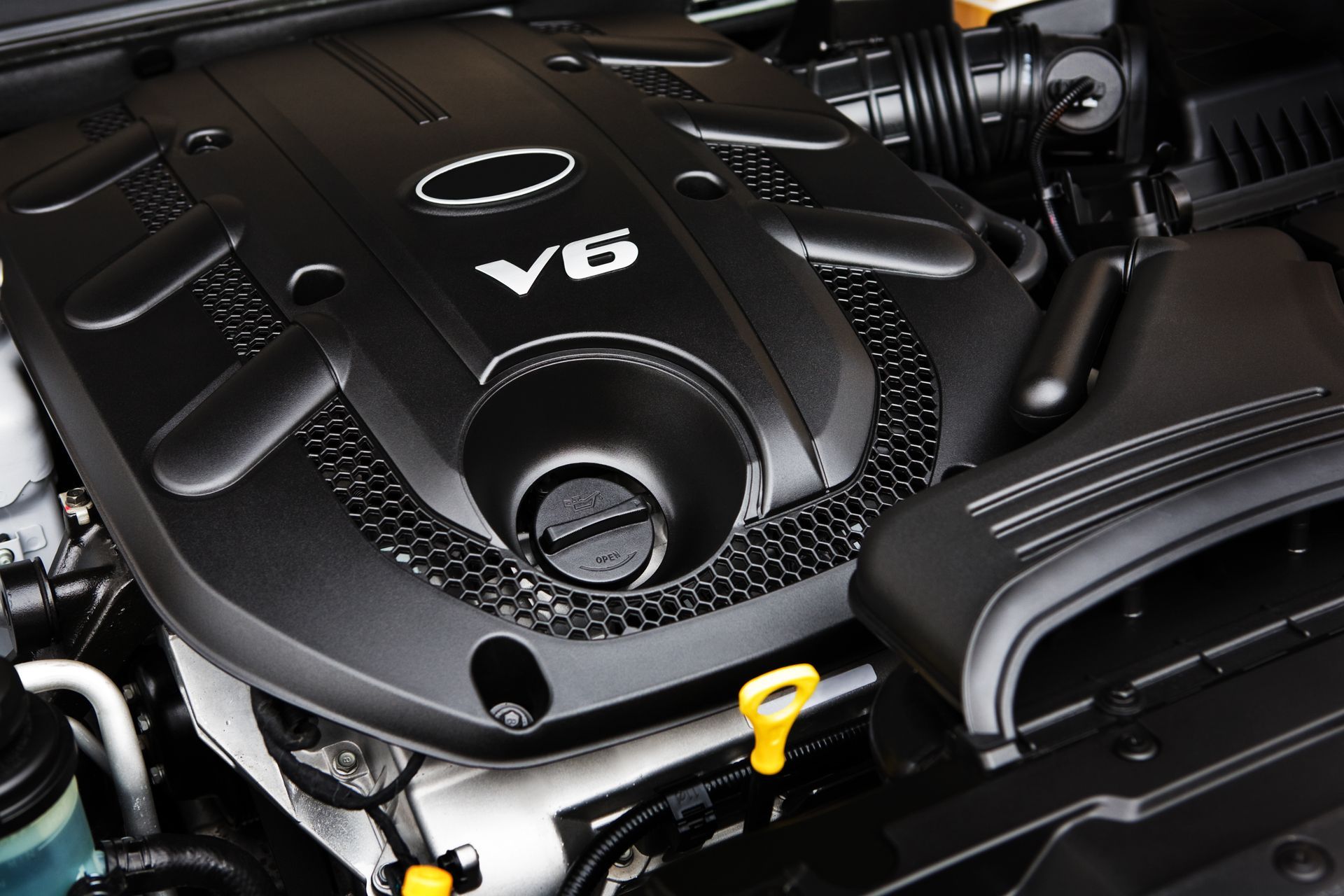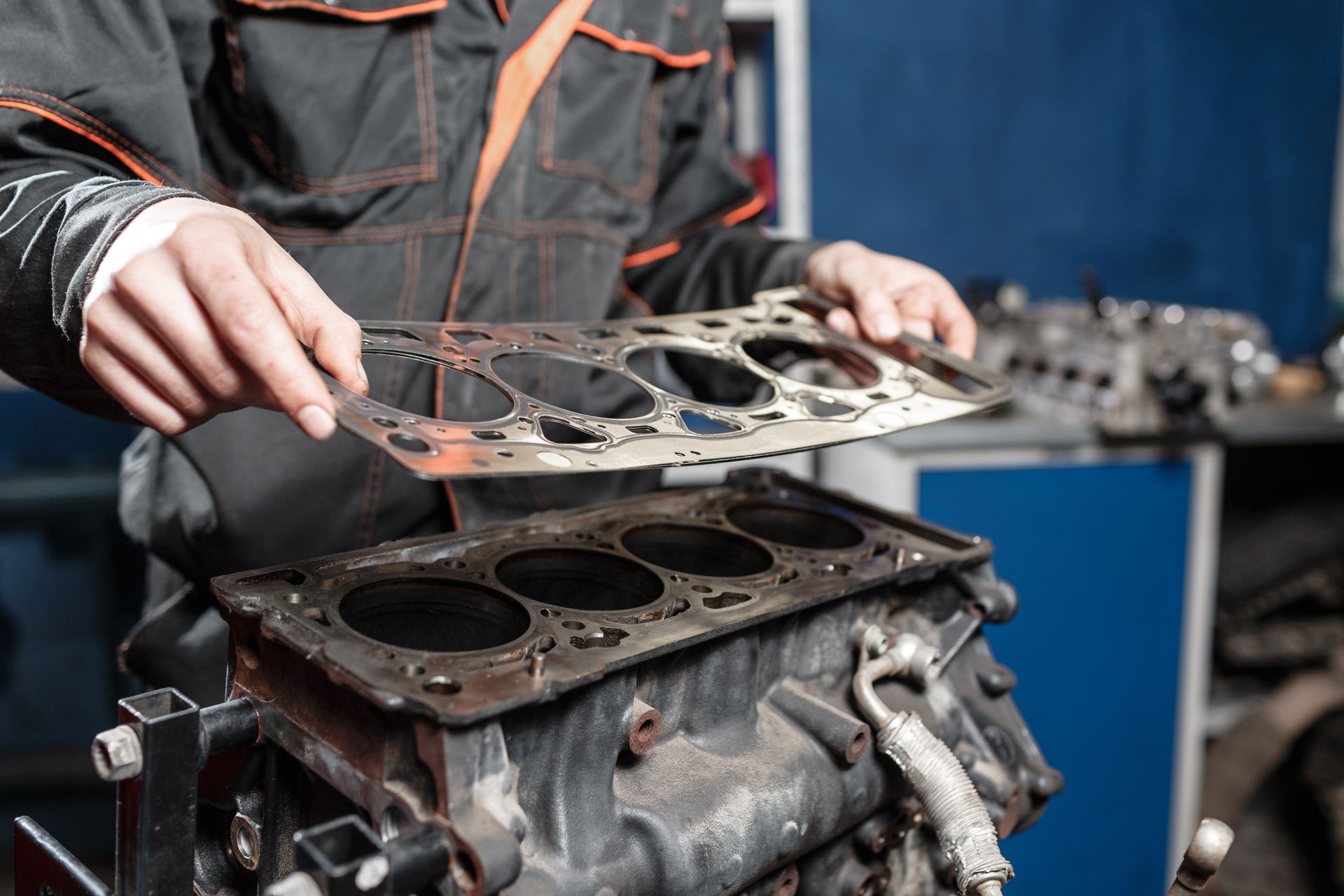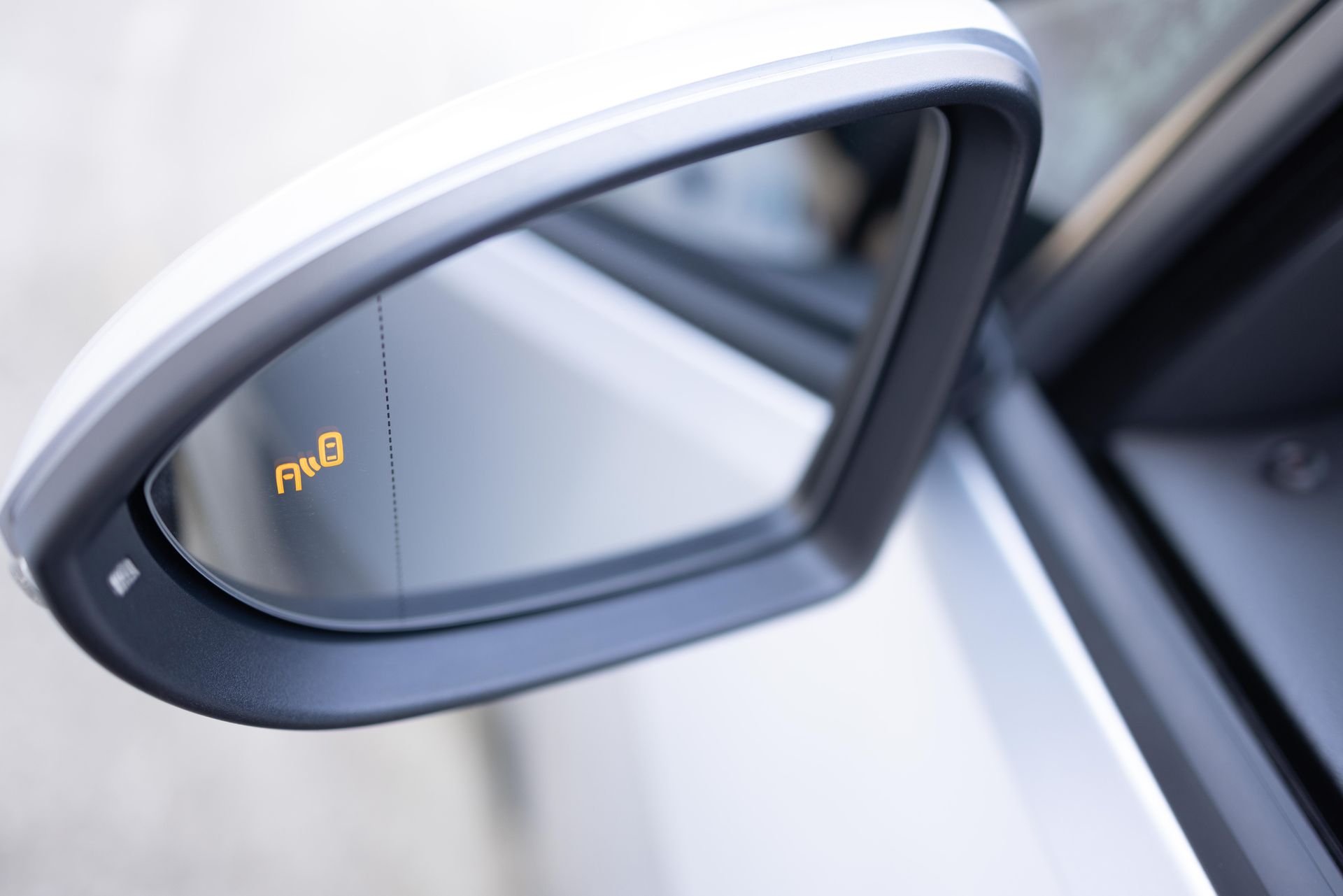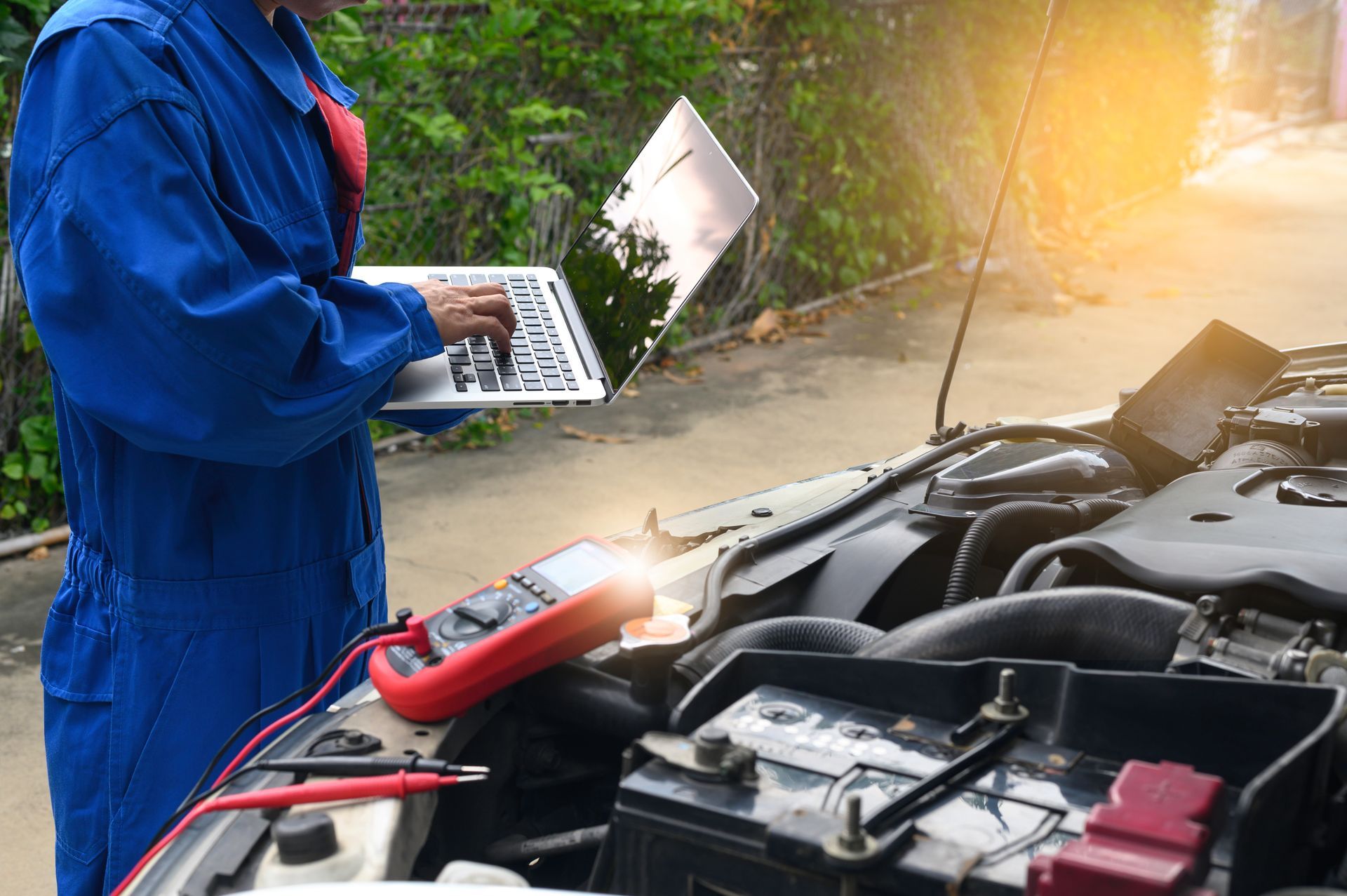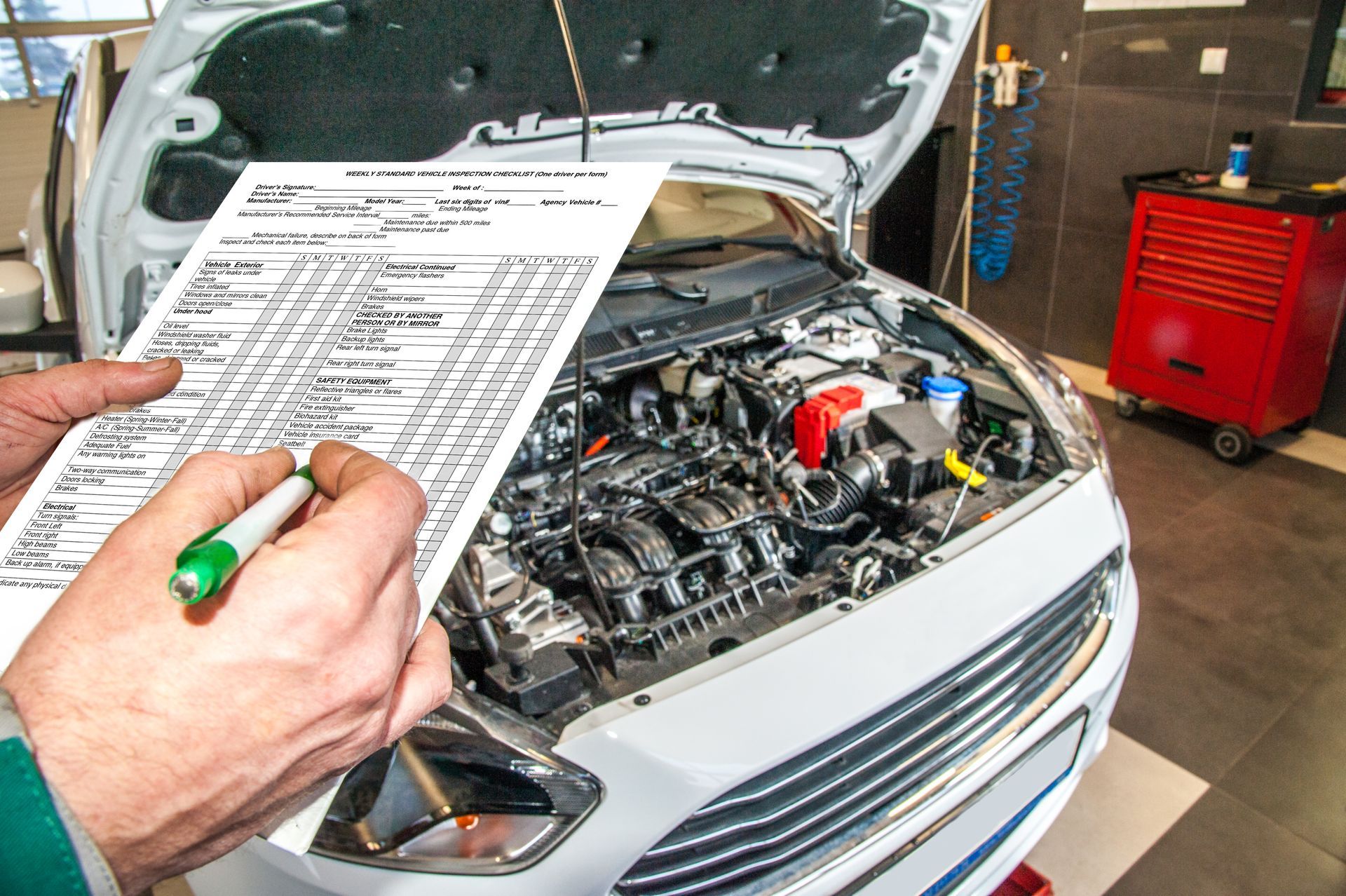Your car’s brake system is undeniably one of the most critical safety features on your vehicle. It plays a vital role in stopping your car when needed, ensuring your safety and that of others on the road. At Yes! Automotive in Spring, TX, we understand the significance of a well-maintained brake system and the potential dangers of driving with worn brakes. That’s why we prioritize brake system inspections and repairs to keep you safe on the road.
The brake system is a complex assembly of components, including the brake pedal, brake fluid, brake lines, brake calipers, brake pads, and brake rotors. When you press the brake pedal, it activates the brake fluid, which then travels through the brake lines to the brake calipers. The calipers apply pressure to the brake pads, causing them to rub against the brake rotors, which ultimately slows down the wheels and brings your car to a stop.
To ensure your brakes work optimally, it is crucial to have regular brake system maintenance at Yes! Automotive in Spring, TX. Our experienced technicians will inspect all the brake components, from the brake pads to the brake fluid, to make sure they are in good working order. We recommend getting your brake system checked at least once a year to prevent any potential hazards and to catch any issues early on.
Brake pads are particularly critical in the brake system, as they are the parts that make contact with the brake rotors to stop the car. Over time, brake pads wear down, and if they become too thin, they will need to be replaced promptly. Our qualified mechanics will assess the condition of your brake pads and advise you on when they should be replaced to maintain your car’s stopping power.
In addition to brake pads, we also inspect the brake rotors, which are the surfaces that the pads rub against. If the rotors are warped or damaged, we may recommend resurfacing or replacement to ensure smooth and efficient braking. We also check the brake fluid levels and quality, as contaminated or low brake fluid can compromise braking performance.
Regular brake system maintenance is vital for several reasons:
- Enhanced Safety: Well-maintained brakes ensure that your car stops promptly, reducing the risk of accidents and collisions.
- Improved Fuel Efficiency: Properly functioning brakes contribute to better fuel efficiency, saving you money on gas.
- Prolonged Brake Life: Regular maintenance helps extend the life of your brakes, avoiding premature replacements.
- Noise Reduction: Worn brakes can produce annoying and embarrassing squealing noises, which can be eliminated with timely repairs.
- Better Performance: Properly working brakes contribute to smooth and efficient stops, enhancing overall driving performance.
Keep an eye out for signs that your brakes may need repairs, such as squealing noises, vibrations through the pedal when braking, pulling to one side, or longer stopping distances. If you notice any of these signs, don’t delay—visit Yes! Automotive in Spring, TX, for a comprehensive brake system inspection.
During the inspection, our skilled technicians will check the brake pads, rotors, brake fluid, and brake lines to identify any issues. We will provide you with a detailed report and recommend the necessary repairs or replacements. Our goal is to keep your brake system in optimal condition to ensure your safety and peace of mind on the road.
Don’t compromise on brake system maintenance—schedule an appointment with Yes! Automotive we service Spring, Porter, Pinehurst, & Houston, TX. Let our expert team take care of your car’s brakes. Your safety is our priority, and we are committed to providing top-notch brake system service to keep you and your vehicle safe on the road.

